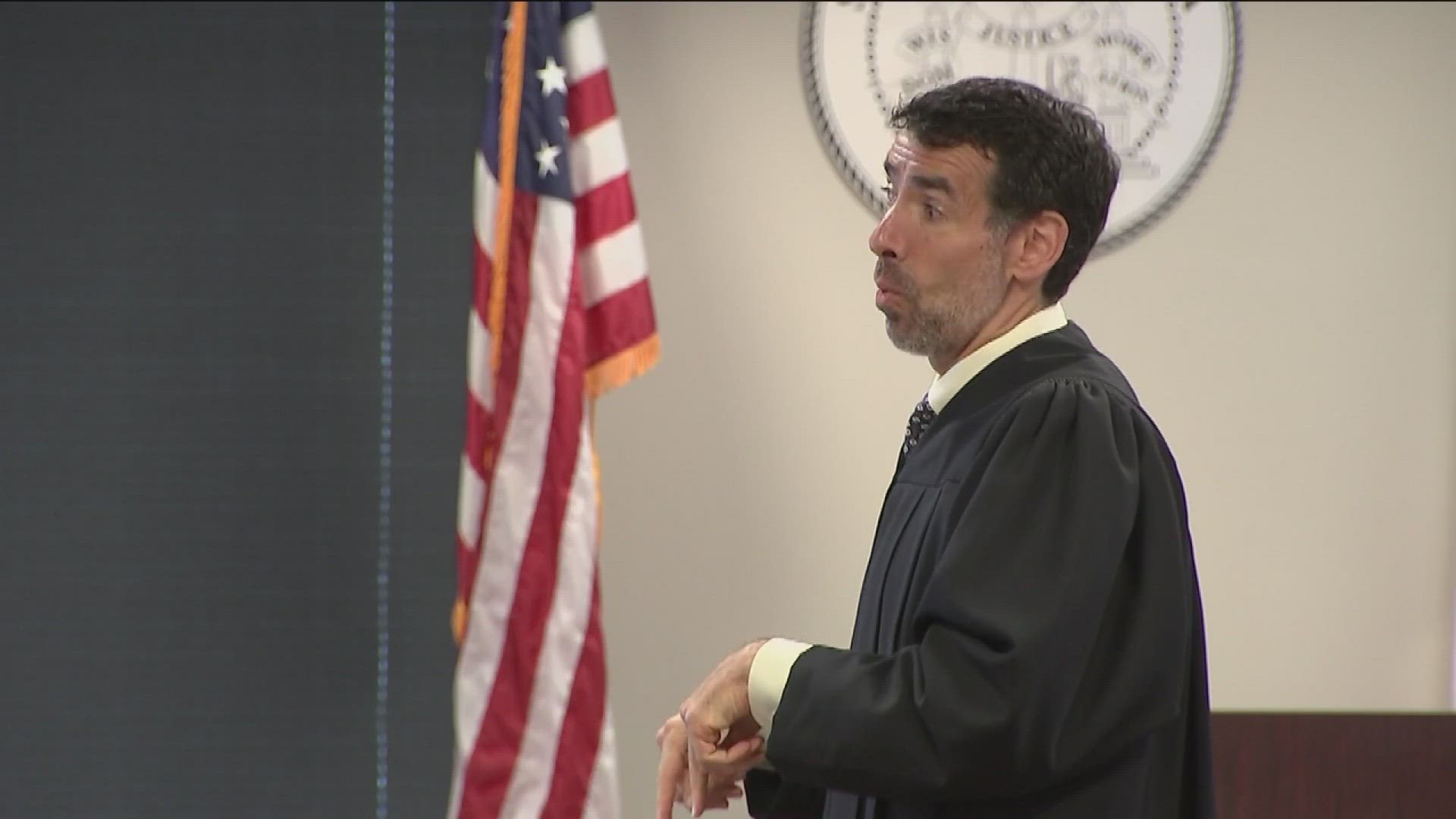What to know about Georgia's Trump investigation
From key players to potential indictment timeline, here's what to expect.
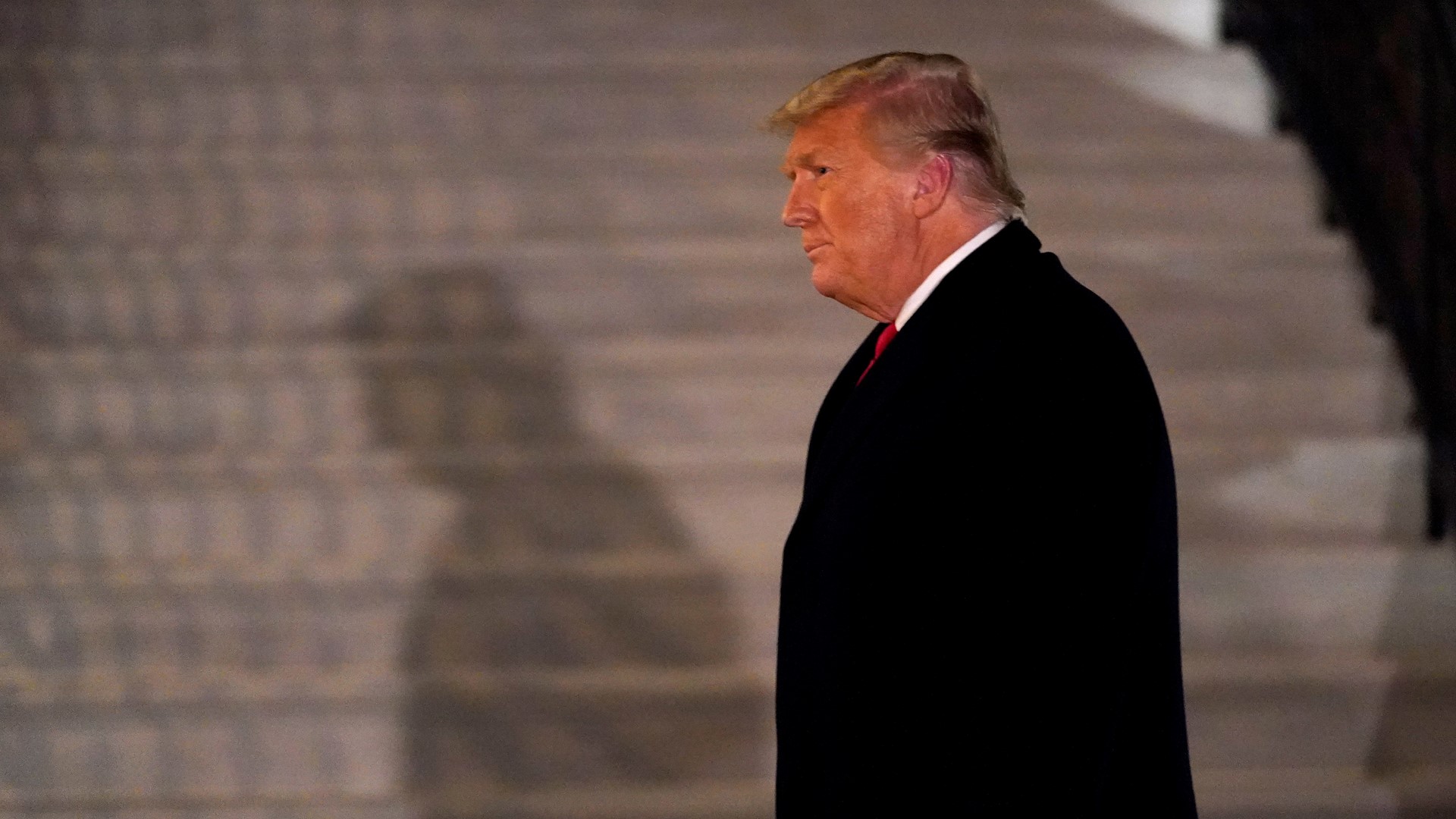
It's been nearly three years, and a group of jurors may soon indict former President Donald Trump and his allies for attempting to overturn Georgia's 2020 presidential election.
Fulton County District Attorney Fani Willis and her office launched the investigation at the start of her term in an effort to determine if anyone criminally interfered in the election. Any potential indictments are expected before Sept. 1, but she's hinted that charging decisions would come in early to mid-August.
Here's what to know as this investigation moves forward.
How did we get here
It started with election denial.
Trump lost reelection, but it's how he and his allies handled that loss that prompted the investigation.
Trump tried to claim victory in the wee hours of Nov. 4, 2020. His campaign and the Georgia Republican Party filed a lawsuit over alleged ballot issues in the state the same day. It was the first among a series of unsuccessful legal maneuvers to call the state's results into question.
Georgia of Secretary of State Brad Raffensperger refuted Trump's fraud claims, fueling internal strife within the GOP.
Biden took a lead that he didn't relinquish. Recounts confirmed it, flipping a once reliably red state blue in a presidential election for the first time in almost three decades.
Trump's infamous phone call to Raffensperger
Things moved quickly after Trump's defeat.
Georgia's two Senators called on Raffensperger to resign. There were meetings among top GOP leaders, and Trump refused to concede.
Of the key moments, the one that stands out is a leaked call between the former president and Georgia's top election official. That call launched Willis' investigation
Trump called Raffensperger on Jan 2, 2021, asking him to "find" enough votes to secure a Republican victory in Georgia.
Fulton DA expands investigation, impanels special grand jury
Nearly a year after Willis announced that her office was investigating, she requested a special purpose grand jury to hear witness testimony in the investigation.
On January 24, 2022, a majority of Fulton County Superior Court judges agreed with the district attorney's request.
The panel began its work in May 2022. Over the course of roughly eight months, the jury interviewed 75 witnesses. It completed its work Jan. 9.
The special grand jury handed over its report to Fulton County Superior Court Judge Robert McBurney, and much of the document remains secret today.
Key players in Trump probe
High-profile politicians — such as Gov. Brian Kemp, then-Lt. Gov. Geoff Duncan and, of course, Raffensperger — were called to testify in front of the special grand jury. Though they may have been part of key events under scrutiny during the election probe, there are other power players that could face criminal charges.
Here are some of the names you should know:
The story continues after the interactive graphic below.
Mark Meadows

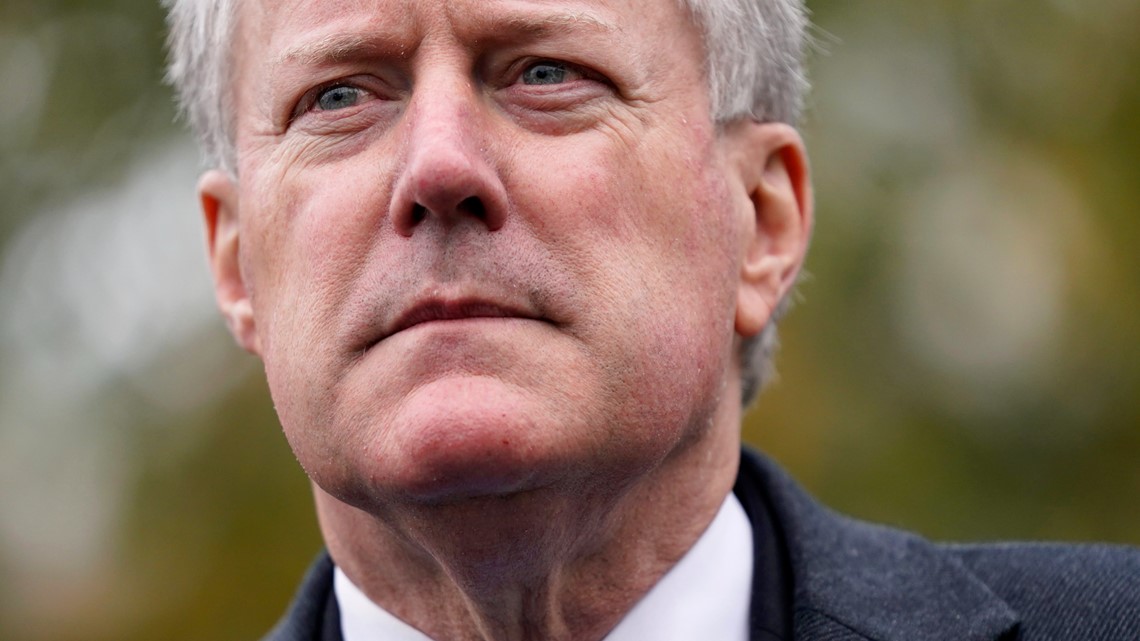
Trump's chief aide, the North Carolina Republican resigned from Congress to become the president's right-hand man eight months before the 2020 elections. Mark Meadows was by Trump's side as he disputed his defeat to now-President Joe Biden.
RELATED: Mark Meadows, the right-hand man
Meadows was also on the line for the infamous Raffensperger phone call and stuck alongside the president in the aftermath of the 2020 election. His loyalty could lead to criminal charges.
Click here for more on Meadows' career and why he is a key figure in this investigation.
Rudy Giuliani

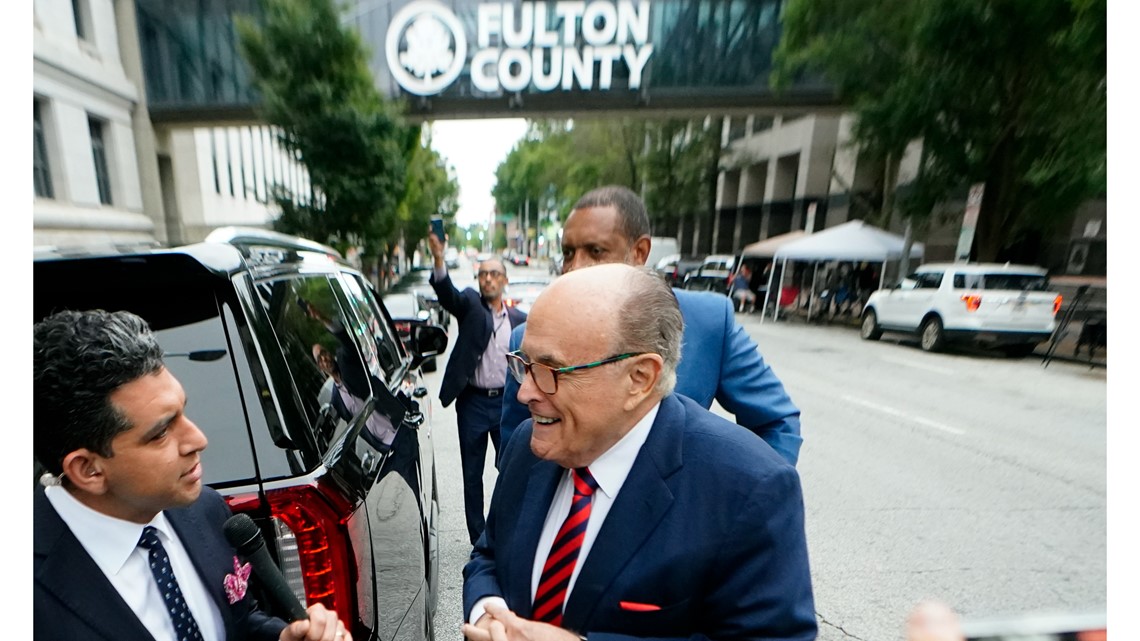
The former New York City mayor knew Trump long before the man became commander-in-chief, and those ties eventually landed Rudy Giuliani in Atlanta as he pleaded with Georgia Senators to overturn Biden's victory.
A man with political aspirations himself, he did not jump to endorse Trump's bid for the White House. Eventually, he'd become Trump's legal counsel.
In 2018 he became Trump's personal attorney, and then a key lawyer for the campaign after the 2020 election.
Prosecutors were most interested in Giuliani's efforts to forward false voter fraud claims.
Giuliani showed Georgia senators a video of election operations in Fulton County at State Farm Arena. Giuliani claimed the video showed election workers bringing in "suitcases" of unlawful ballots from unknown sources.
Officials at the Secretary of State's Office debunked the claims - but Giuliani didn't stand down.
Giuliani zeroed in on two Fulton County election workers — Ruby Freeman and her daughter Shaye Moss. Giuliani was also involved in other election-related activities in Georgia that caught the attention of state and federal investigators.
Other key legal figures who assisted Trump in Georgia plans include John Eastman, Kenneth Chesebro, Jenna Ellis and Cleta Mitchell.
U.S. Sen. Lindsey Graham

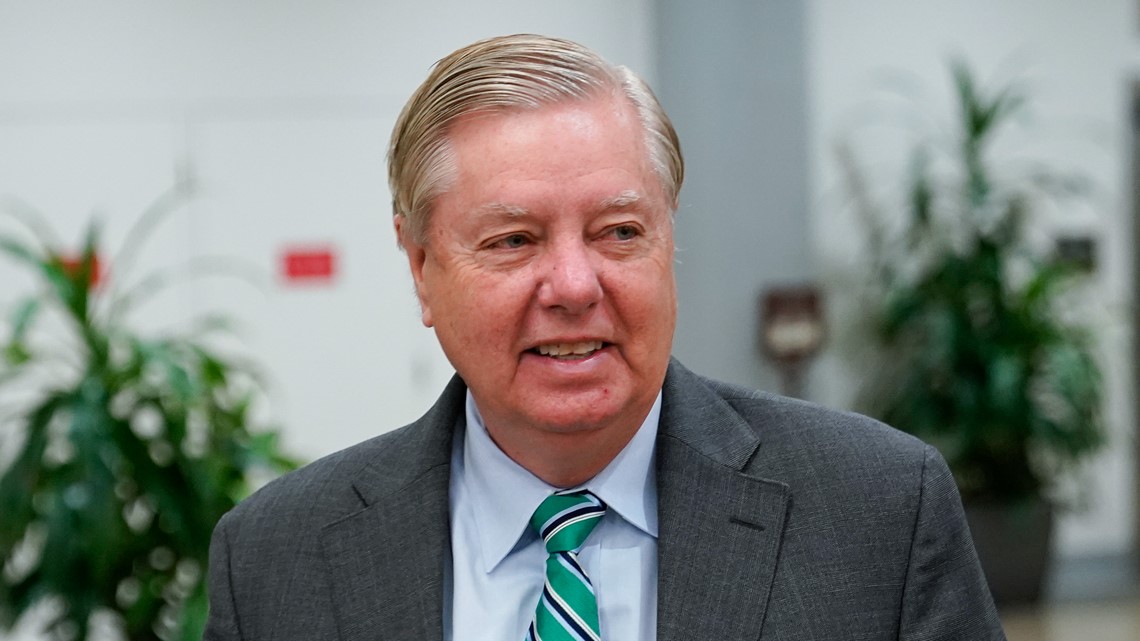
Before the Jan. 6 Capitol insurrection, Sen. Lindsey Graham, of South Carolina, seemed to back Trump's efforts to challenge his 2020 defeat.
Graham made at least two phone calls to Georgia Secretary of State Brad Raffensperger about absentee ballots and alleged voter fraud. Those calls caught the attention of prosecutors in Fulton County.
Learn more about how Graham allegedly called Raffensperger to reexamine ballots "to explore the possibility of a more favorable outcome," according to court documents.
Newt Gingrich

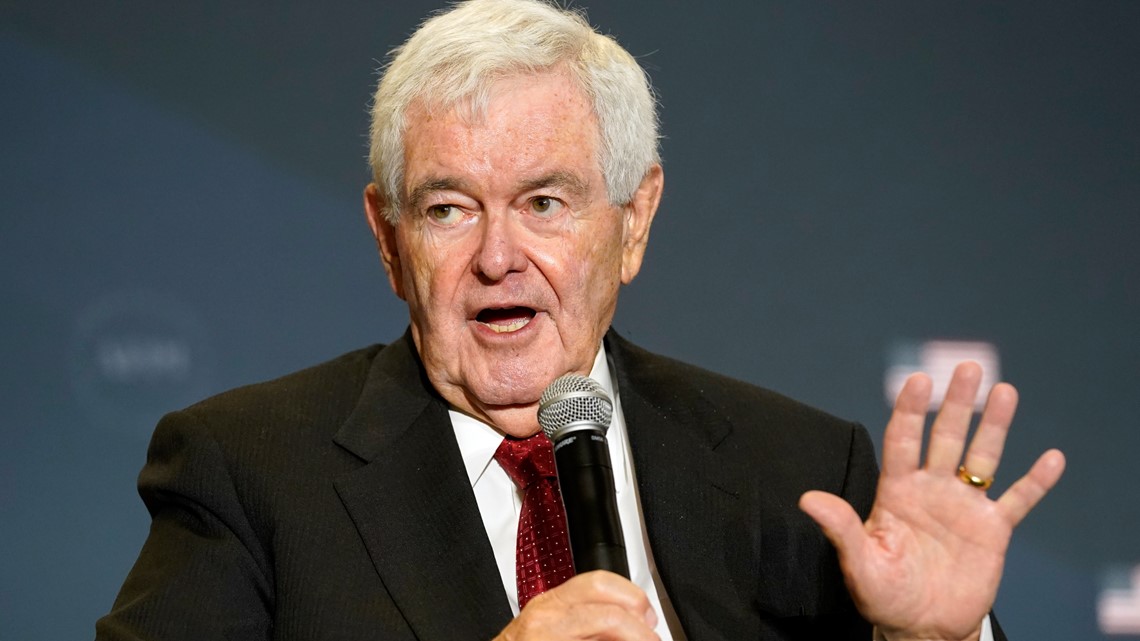
Former Georgia congressman and Republican presidential candidate, Newt Gingrich is accused of being behind Trump's planned ads alleging election fraud and refuting the outcome of the 2020 presidential election.
In court filings, the Fulton County District Attorney's Office allege that he along with other Trump allies were involved in several plans to undermine the election results.
Among the allegations in court documents, Gingrich urged the Trump campaign to "air advertisements promoting the false narrative that election workers had smuggled suitcases containing fake ballots at the State Farm Arena in Atlanta, Georgia."
Gingrich was one of the few asked to testify who successfully avoided coming before the special grand jury.
Mike Flynn

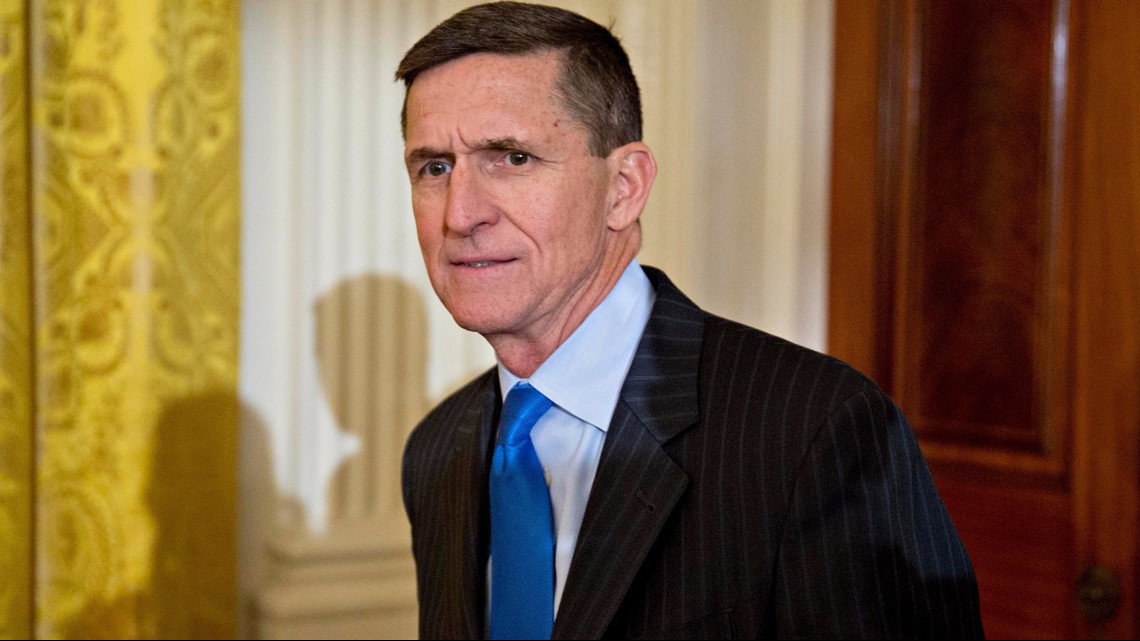
Retired Lt. Gen. Michael Flynn served as National Security Advisor during the Trump administration.
Allegations against Flynn include that he met with Trump and attorney Sidney Powell, among other Trump campaign associates, at the White House to iron out a strategy to keep Trump in the Oval Office, according to Fulton County court filings.
Plans allegedly included invoking martial law, seizing voting machines, and appointing Powell as special counsel to investigate the election.
In court documents, Willis alleged that Flynn possesses "unique knowledge concerning communications between himself and other known and unknown individuals involved in the multistate, coordinated efforts to influence the results of the November 2020 election in Georgia and elsewhere."
David Shafer

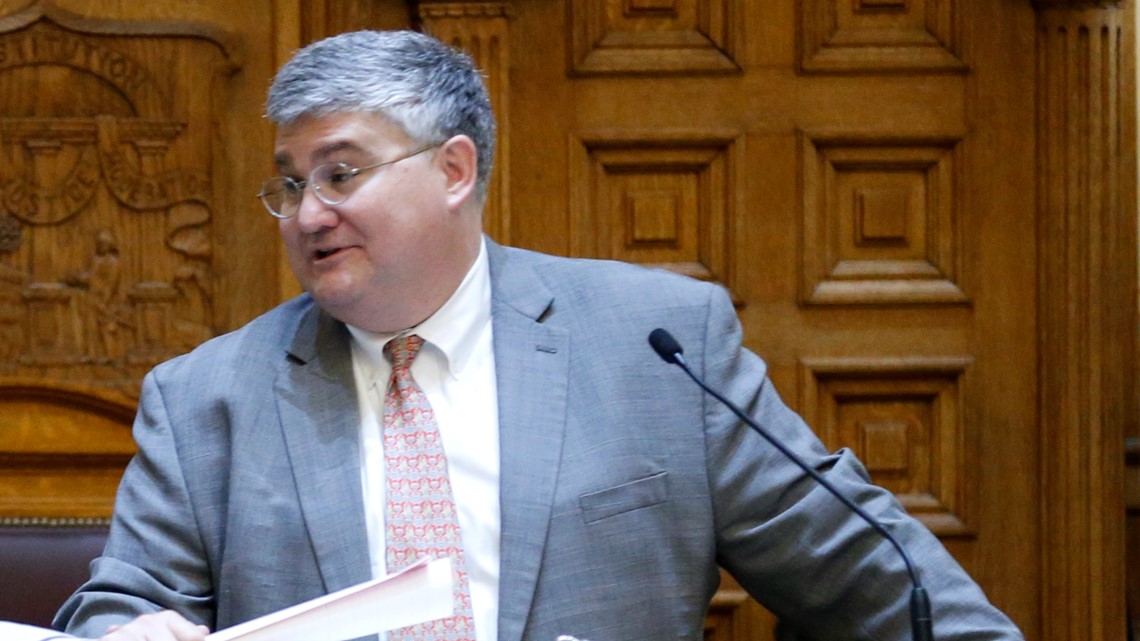
David Shafer is the former state GOP chairman. He was replaced by Josh McKoon during the state party convention in June.
Via letter, District Attorney Fani Willis notified Shafer that he could be indicted for his participation in the "alternate electors" scheme. Republicans in several states, including Georgia, submitted Electoral College ballots falsely claiming that Trump won the election.
The fake elector scheme is also a key element of the investigation. At least half of them have accepted immunity offers from Fulton County prosecutors, according to court filings.
There were sixteen alternate electors in Georgia. They are:
Shafer
Joseph Brannan
James "Ken" Carroll
Vikki Townsend Consiglio
Carolyn Hall Fisher
Burt Jones
Gloria Kay Godwin
David G. Hanna
Mark W. Hennesy
Mark Amick
John Downey
Cathleen Alston Latham
Daryl Moody
Brad Carver
Shaw Still
C.B. Yada
Jones, the current lieutenant governor, can't be prosecuted by Willis thanks to a previous court ruling. Willis hosted a fundraiser for Jones' Democratic opponent in the November 2022 election.
Cathleen Latham
Cathy Latham is a Republican activist who is accused of helping Donald Trump operatives access Coffee County's election office equipment two years ago.
Latham is the former Coffee County Republican chair. In surveillance video released from January 2021, Latham is seen helping operatives for Trump enter the Coffee County election office where they spent hours inside allegedly copying election data.
In addition to her role in the Coffee County election breach, Latham was also a fake elector.
How grand juries work
After eight months of collecting witness testimony via a special purpose grand jury, a regular grand jury must hear evidence and decide if anyone should be indicted.
Yes, they are two different types of juries.
The Fulton County Special Purpose Grand Jury — the panel that initially investigated potential crimes by Trump and others — lacked the power to bring charges thanks to a decade-old decision from the Court of Appeals of Georgia.
Beyond its ability to indict, a special purpose grand jury also shares a few other key differences.
On July 11, two new grand juries were sworn in. The 52 Fulton County residents will have the power to indict Trump and his allies. There are 46 main jurors and six alternates.
There must be 16 jurors present to conduct business, and at least 12 must vote to indict.
The two juries will serve until Sept. 1. The only thing public about what the juries do will be the possible indictment that comes out of their meetings.
Timeline for potential indictment
"The American people will have the answer they want by Sept. 1," Willis previously said to 11Alive.
Willis has previously hinted a decision could come in early to mid-August.
She previously told 11Alive that July 17 is the earliest a Fulton County grand jury could hear evidence related to the Trump investigation. She also blocked off much of August for her and her team to work remotely, asking judges not to schedule trials or in-person hearings from Aug. 7 to Aug. 14.
RELATED: Fulton DA: Decision on charges for Trump and allies in 2020 election investigation to come in summer
Willis' timeline is now in motion. It could be the third indictment of Trump this year.
Trump was recently indicted on 37 federal charges in relation to his handling of classified documents at his Florida estate. Trump's first indictment came in New York in March on 34 felony charges of falsifying business records.
Willis said the other criminal cases against the former president have no current impact on her investigation.


